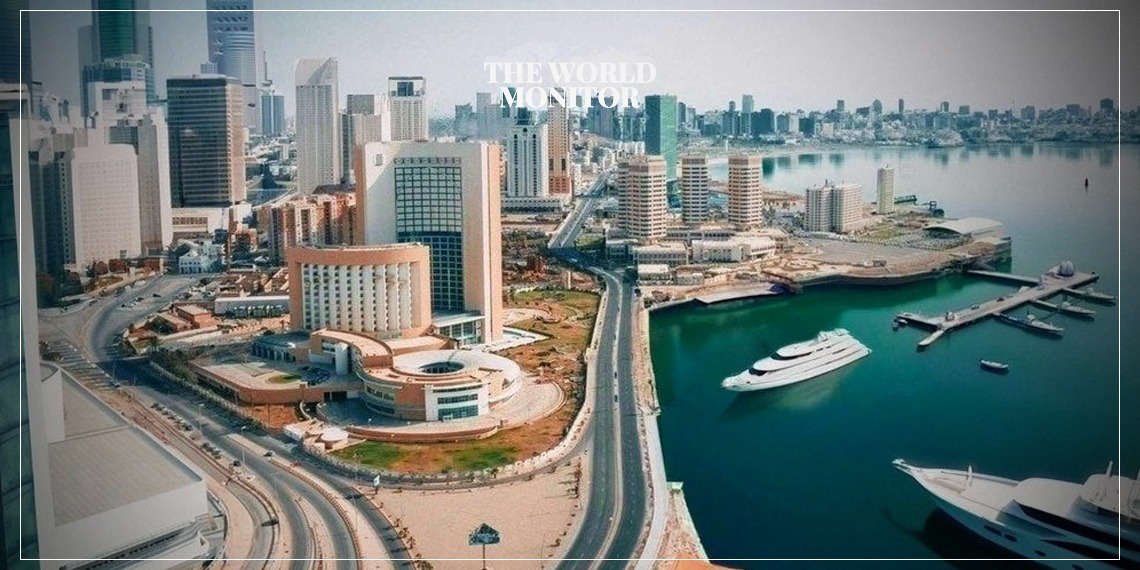Salem Al-Darsi, the appointed Minister of Communications and Informatics of the Libyan interim government, met with Abdul Hadi Al-Hweij, the appointed Minister of Foreign Affairs and International Cooperation, at the ministry’s headquarters.
The meeting was convened to discuss strategies for establishing cooperation with leading countries in the fields of telecommunications and technology, according to the government’s media office.
The discussions focused on exchanging expertise and training the ministry’s technical and technical staff.
Minister Al-Hweij expressed his readiness to cooperate with all ministries and governmental institutions interested in forming partnerships with foreign entities, in compliance with Libyan law.
He emphasized the importance of these collaborations in ensuring the country’s security and stability, facilitating procedures to achieve developmental goals, and maximizing benefits from these international partnerships for Libya‘s advantage.
The Acting Minister of Electricity and Renewable Energies in the Libyan government, Awad Al-Badri, held a meeting with the CEO of the German company “Frenel,” specialized in solar power stations.
According to the government’s media office, the meeting reviewed the Libyan government’s plans and programs to localize 3000 megawatts of solar energy for the sector’s development.
This is in line with the directives of Libyan Prime Minister Osama Hamad to diversify energy sources, provide clean energy, and capitalize on the country’s solar energy potential.
The company expressed its determination to work with the Ministry of Electricity and the possibility of establishing factories in Libyan cities, especially those equipped with solar energy equipment.
They commended the ministry’s efforts to localize 3000 megawatts of solar energy.
Commander Khalifa Haftar recently rolled out plans and projects under the government’s supervision in coordination with the Libyan Development and Reconstruction Fund.
They aimed to streamline processes and overcome challenges to enhance infrastructure, including paving main roads and constructing and maintaining schools, hospitals, power stations, and residential units in Southern Libyan cities and regions.


